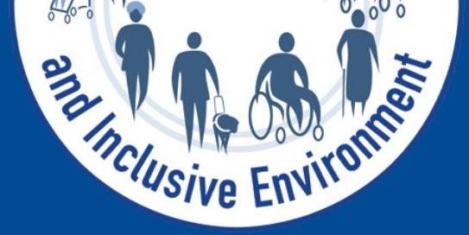May 2, 2017
Immigration and skills will be key to success of next UK Government 0
 The next Government must ensure the construction sector has enough skilled workers post-Brexit or its housing and infrastructure manifesto pledges will be redundant, says the Federation of Master Builders (FMB). The FMB has called on all major political parties to recognise the importance of migrant labour to the construction sector as part of its ‘Programme for Government’, that has been launched the day before Parliament is dissolved for the General Election. The organisation claims that the UK construction sector’s demand for skilled migrant workers from the EU and beyond cannot be overstated. It suggests that in London alone, there are more than 157,000 non-UK construction workers constituting almost half of the industry’s workforce in the capital. Pre-Brexit, 60 percent of small construction firms are already having trouble hiring key workers even before the Government unveils its intentions for the free movement of people.
The next Government must ensure the construction sector has enough skilled workers post-Brexit or its housing and infrastructure manifesto pledges will be redundant, says the Federation of Master Builders (FMB). The FMB has called on all major political parties to recognise the importance of migrant labour to the construction sector as part of its ‘Programme for Government’, that has been launched the day before Parliament is dissolved for the General Election. The organisation claims that the UK construction sector’s demand for skilled migrant workers from the EU and beyond cannot be overstated. It suggests that in London alone, there are more than 157,000 non-UK construction workers constituting almost half of the industry’s workforce in the capital. Pre-Brexit, 60 percent of small construction firms are already having trouble hiring key workers even before the Government unveils its intentions for the free movement of people.












 Today (29 March) the Prime Minister triggers Article 50 to begin the UK’s exit from the European Union, and a new piece of research claims that almost two thirds (62 percent) of HR professionals expect this to impact their HR strategy and more worryingly, over a third (35 percent) say that the leave vote will impact the profits of their business. According to the research from employee benefits specialist Secondsight, 37 percent have opted not to hire over the coming year, and 39 percent agreed that recruiting the right people into their business will now be more difficult than before the decision to leave was made. However, on a more encouraging note, 95 percent of the HR professionals surveyed will see their budget rise in 2017, and 18 percent plan to introduce new benefits in the year ahead.
Today (29 March) the Prime Minister triggers Article 50 to begin the UK’s exit from the European Union, and a new piece of research claims that almost two thirds (62 percent) of HR professionals expect this to impact their HR strategy and more worryingly, over a third (35 percent) say that the leave vote will impact the profits of their business. According to the research from employee benefits specialist Secondsight, 37 percent have opted not to hire over the coming year, and 39 percent agreed that recruiting the right people into their business will now be more difficult than before the decision to leave was made. However, on a more encouraging note, 95 percent of the HR professionals surveyed will see their budget rise in 2017, and 18 percent plan to introduce new benefits in the year ahead.






 Accommodation and food services, manufacturing, and transport industries will be hardest hit by limits on movement of EU and non-EU workers following Brexit, a new report has claimed. The latest edition of Mercer’s
Accommodation and food services, manufacturing, and transport industries will be hardest hit by limits on movement of EU and non-EU workers following Brexit, a new report has claimed. The latest edition of Mercer’s 












